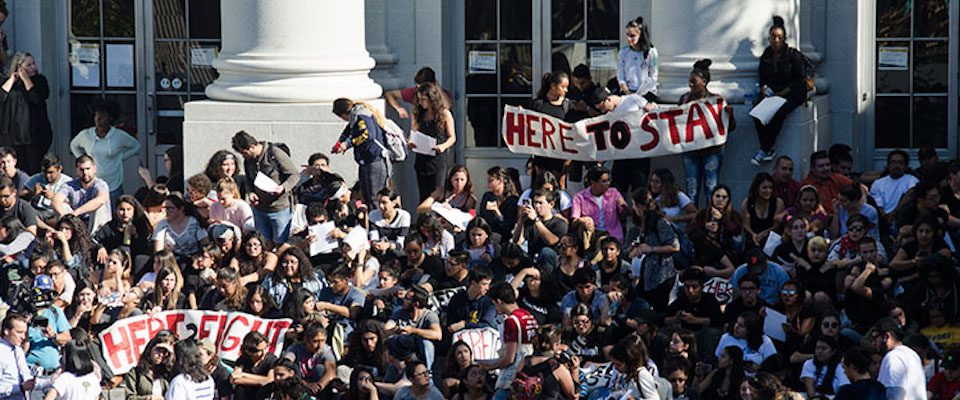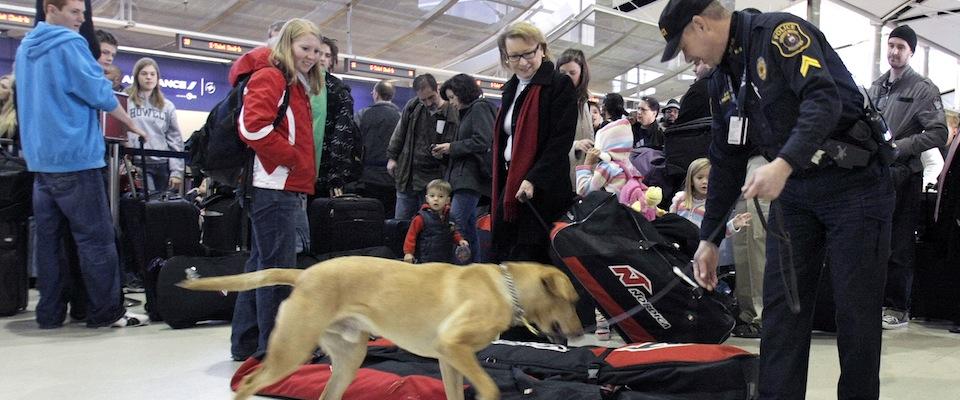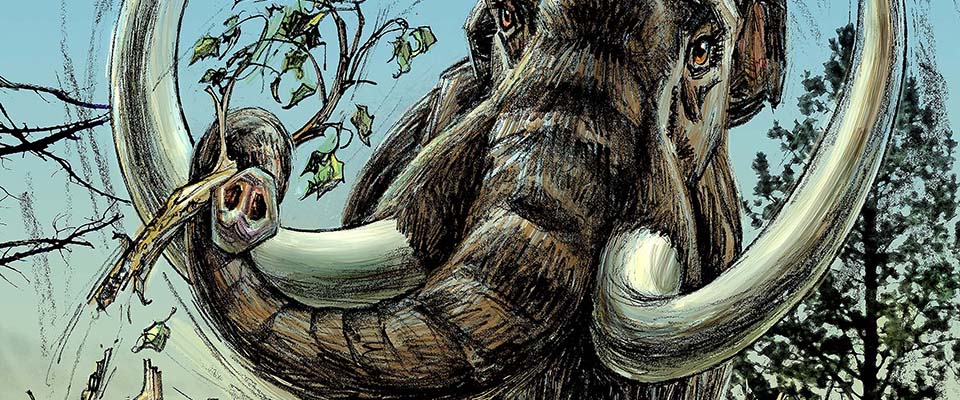After the first of January, the real holiday season for canines starts—that week when discarded Christmas trees are laid next to compost bins, and all the neighborhood dogs take turns anointing them in their own special way.
The distinct value that we extrapolate from an idea or a thing—in this case, a formerly decorative tree that is now refuse and on its way to being mulch—was on my mind that week after New Year’s when we had just started getting serious about this issue’s theme. I thought about Virtue and Vice while looking at those trees, a symbol of life and faith for members of one species, and a latrine and message board for members of another.
Fortunately, Americans love their dogs and forgive them everything. Had it been humans defiling other humans’ sacred objects, we’d have had another War on Christmas.
In the weeks that followed, intra-specific conflicts did erupt across the land, however, over the meaning and significance of a number of words and symbols. Right after the inauguration of the 45th President of the United States, debates commenced over the words fact, truth, news, and lie. Within a couple of weeks, there was fighting over wall, borders, and immigrants. A few days later, flames were tossed over free speech, protest, and one particular symbol—also a location—near and dear to members of the UC Berkeley community.
Sproul Plaza, site of the Free Speech Movement as well as protests against war, apartheid, racism, and gender- and income-inequality, had become the scene of national outrage over the treatment of a far-right activist. He had come to campus to speak but didn’t, because his presence provoked discontent and then drew violence.
In the media hysteria that ensued, Berkeley was accused of violating the First Amendment rights of the speaker, although everything possible was done to uphold free speech—his, as well as that of 1,500 or so well-behaved dissenters. Campus police were accused of being remiss for protecting humans instead of property. And the 1,500 or so peaceful protesters were lumped together with 100–150 black-clad assailants.
A week later, a Google search of the words Milo Yiannopoulos and Berkeley still netted more than 100,000 news hits, many of which continued to harangue the University as an unsafe space where rioters run amok and free speech goes to die. Some stories did point out that no one need cry over Milo’s spilled speech, what with his book deal, his Breitbart column, and the endless news features and TV appearances.
And then, poof—the book deal was gone, as was the Breitbart gig, and the pundit’s perch at the Conservative Political Action Conference. All undone by Milo himself, who decided to exercise his inviolable right to unfettered speech by condoning sex between boys and men. Not all speech, it seems, is free. Still, no one has accused CPAC or Simon & Schuster of abridging Milo’s First Amendment rights.
Buried in the avalanche of media coverage was the fact that if free speech had a bad day at Berkeley, Milo was not the martyr. Lost were the very real concerns of Berkeley’s vulnerable people, including Muslim, undocumented, and trans students, who feared that a hateful man had come to campus to expose, humiliate, and possibly endanger them while laughing at the rug that could soon be pulled out from under them.
A day after fame begat infamy, Milo got more than 7,600,000 news hits. The students had long been forgotten.




















